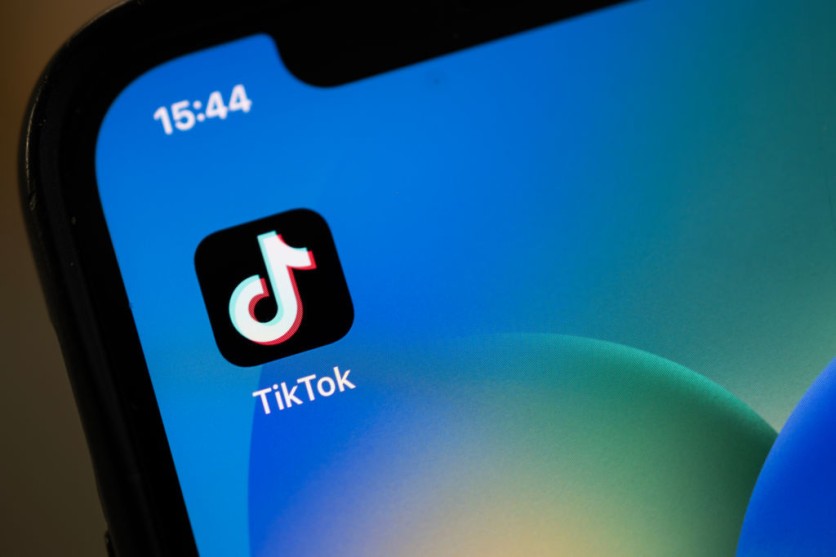A new study has found that four out of 10 posts about liver disease on TikTok contain misinformation, with most promoting inaccurate claims about fad diets, "detox" drinks, and herbal remedies.
According to Macklin Loveland, MD, the author of the study, the findings imply that individuals with liver disease who seek medical information on TikTok may require assistance in differentiating between reliable and inaccurate information.

TikTok Videos Containing Misinformation
Dr. Loveland found 2,223 posts with the terms "cirrhosis" and "liver disease" on TikTok between October 1 and November 25, 2022.
Upon comparing the posts with established guidelines for patient care decisions, Dr. Loveland discovered that nearly 40% or 883 posts out of the 2,223 posts he identified contained misinformation.
The posts that contained inaccurate information frequently made claims about the ability of herbal products to reverse liver disease. Some posts also falsely claimed that liver disease could be healed by eating various mushrooms, beef liver, or having a parasite cleanse.
Liver disease is on the rise in the US, with around 4.5 million adults already diagnosed, and an estimated 85 million more possibly having the disease without knowing it, according to the study.
Depending on the type of diagnosis, treatment for liver disease can differ. Lifestyle changes, such as ceasing alcohol use or losing weight, can resolve some liver problems. Such changes should be made as part of a medical program that involves close monitoring of liver function.
Dr. Loveland emphasized that people should always consult their doctor first for guidance on their specific medical condition. However, he noted that getting health information and tips from social media is extremely common.
He added that the average person who comes across a post about liver disease on social media may not be aware of its inaccurate claims.
Read Also : New Study Claims TikTok FYP Automatically Shows Self-Harm Videos; Suicide Hashtags Receive Billions of Views
The Bright Side
However, there is a bright side to the study, as inaccurate posts received much less engagement than accurate posts on average.
The misleading posts had an average of 1,671 "likes" and 140 "shares", whereas the accurate ones received an average of 14,463 "likes" and 364 "shares".
The study also found that posts that were strictly informational contained a higher level of misinformation compared to posts in which patients shared their personal experiences.
"It's clear that more needs to be done to flag misinformation on TikTok, including doctors becoming more heavily represented on the platform to combat misinformation with accurate, science-based information," Dr. Loveland said in a press release statement.
"In general, TikTok and social media platforms are great sources to disseminate health information. However, we need to put more guardrails in place against false or misleading claims."
Related Article : TikTok Revamps Community Policies Concerning AI-Generated Media, Climate Misinformation

ⓒ 2025 TECHTIMES.com All rights reserved. Do not reproduce without permission.




